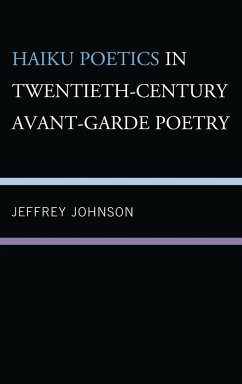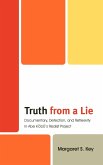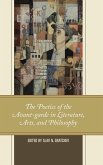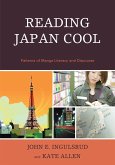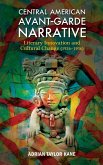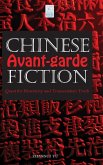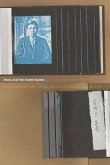Haiku Poetics in Twentieth Century Avant-Garde Poetry is the first study to examine the historical importance of haiku in theorizing a global poetic, tracing its spread from translations to practice, and following its permutations into diverse modernist avant-garde poetry. While Haiku Poetics is an investigation into the cultural borrowing of haiku, it also documents interpretation and transformation, as even the translators George Aston and Paul-Louis Couchoud moved beyond translation in the acquisition of haiku. The French translations focused on Yosa Buson's visual haiku, while the English prioritized Matsuo Bash?'s lyricism. After the first translations, haiku was disseminated throughout the world of poetry. This book argues that haiku grew out of a broad Japonisme and was on the cusp of the Modernist transformation of western art, and viewed over the course of the century, haiku would serve as the most important model for Modernist reformers. Through a hybrid of Buddhist and avant-garde theories, Haiku Poetics reveals that haiku and its permutations deploy concrete particulars in abrupt juxtaposition to engage the reader's intuitive apprehension, and suggest via images which must be shaped into allegories. The push to collapse poetry into the act of the perception of objects in the phenomenological world means that this poetry conjures from the unconscious to the physical, and in so doing, evokes greater creative processes. The poets swept up in this haiku revolution that this book examines include Ezra Pound, Paul Eluard, Fededrico García Lorca, Guillermo de Torre, José Juan Tablada, Octavio Paz, Jorge Luis Borges, among others.
Hinweis: Dieser Artikel kann nur an eine deutsche Lieferadresse ausgeliefert werden.
Hinweis: Dieser Artikel kann nur an eine deutsche Lieferadresse ausgeliefert werden.

